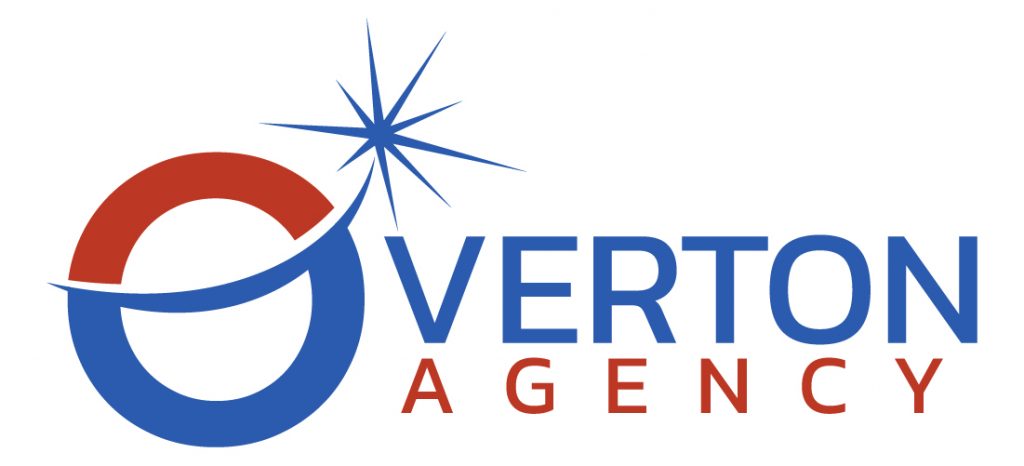Understanding Medicare and Eligibility
Medicare is a crucial program for many Americans, providing essential medical insurance and hospital insurance. However, understanding why someone might not have Medicare Part A can be complex. Eligibility for Medicare, particularly Part A, often depends on several factors, including age, work history, and potential disability.
Who is Eligible for Medicare Part A?
Generally, to be eligible for Medicare, one must be a U.S. citizen or a permanent resident who has worked and paid Medicare taxes for at least ten years. Most people qualify for premium-free Part A when they turn 65 or if they have received Social Security disability benefits for 24 months.
- Individuals aged 65 or older who have paid Medicare taxes for at least 10 years.
- Individuals under 65 who have received Social Security disability benefits for 24 months.
- Individuals with ALS or ESRD.
Why Might Someone Not Be Eligible for Medicare Part A?
There are several reasons why a person might not qualify for Medicare Part A. A person may not be eligible if they haven’t paid Medicare taxes for enough quarters or if they do not meet the residency requirements. Additionally, some individuals might not qualify if they are covered under a spouse’s plan and haven’t worked enough themselves.
The Role of Spouse Coverage and Work History
When it comes to qualifying for Medicare, your work history and that of your spouse can play significant roles. If you haven’t worked long enough to earn premium-free Medicare Part A, you might rely on your spouse’s work history if they qualify. If neither you nor your spouse has the work history required, you may need to pay a premium for Part A coverage.
Understanding the Enrollment Process
Enrolling in Medicare can be straightforward, but it’s essential to understand the enrollment periods and the steps required to apply for Medicare Part A and Part B. There are specific enrollment periods, and missing these can result in penalties or higher premiums.
Premium Costs and Financial Considerations
Most people do not pay a monthly premium for Part A if they or their spouse paid Medicare taxes while working. However, if you or your spouse haven’t paid these taxes, you may have to pay a premium for Part A. The premium amount depends on how long you or your spouse worked and paid taxes.
Medicare Part B and How It Differs from Part A
While Medicare Part A covers hospital care, Part B is medical insurance that covers outpatient care, doctor visits, and preventive services. Many people enroll in Part B when they become eligible for Medicare, but this requires paying a monthly premium. Understanding the difference between Part A and Part B is crucial to making informed decisions about your healthcare coverage.
What If You Missed Enrollment?
If you miss your initial enrollment period, you may still be able to sign up during the general enrollment period, which runs from January 1 to March 31 each year. However, late enrollment can result in higher premiums for Part A and Part B.
Exceptions and Special Circumstances
Certain circumstances might allow you to enroll in Medicare earlier or without the usual requirements. Those receiving Social Security or RRB benefits typically get Medicare automatically. Additionally, having conditions like ALS or ESRD can affect your eligibility and enrollment.
We’re Here to Help
Understanding Medicare and its various parts can be challenging. If you are unsure about your eligibility for Medicare Part A, or if you have questions about premiums, enrollment periods, or special circumstances, Overton Agency is here to help. Our team in Conway, Arkansas, is dedicated to guiding you through your options and ensuring you get the coverage you need.
Don’t wait—call Overton Agency today at 501-881-2050 to speak with a knowledgeable representative who can assist you in understanding your Medicare options and help you determine your eligibility for Medicare Part A and Part B.
